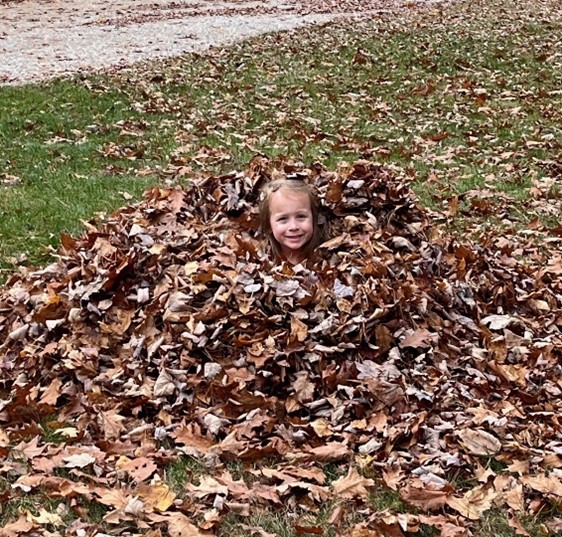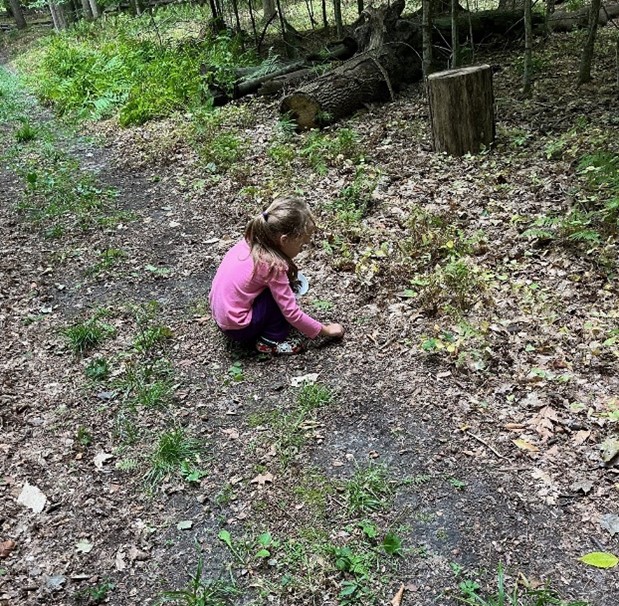Discovering science in everyday activities
Learning about science beyond the classroom can be fun and educational for everyone.

Science discovery and learning does not happen in a single setting or only in a classroom. For children (and adults), science discoveries and investigations happen regularly while playing and doing everyday activities. Kids ask a lot of questions, allowing you an opportunity to help them discover answers. Finding answers together teaches children how to learn. You can also ask them questions to encourage further investigations.
Discovery and learning can be as simple as a child describing what they see, hear, smell and taste, or how something feels. Observing how things change over time, like trees, insects or the construction of a road or house, is also related to science and STEM (science, technology, engineering and math). After making observations, kids should be encouraged to predict what will happen next.
Older kids should be encouraged to write down their discoveries, as well as questions they have and the answers they find. This is a way to start documenting their own understanding.

Things you can do to encourage a curious thinker
Everyday family activities. Spontaneous learning through activities like nature walks, gardening, cooking, roller skating or watching birds and insects in the backyard can lead to scientific discoveries.
Curiosity-driven exploration. A child’s natural inquisitiveness about the world and the activities they enjoy leads them to ask questions about their surroundings. For example, they may ask how bridges are built, what makes a ball bounce or how a tornado is formed.
Venues for learning. Science discovery can occur in a variety of settings, like the doctor’s office, a construction site, the wonders of how a bridge is built, or how your home computer can retrieve information from around the world.
Early experiences matter. Before entering school, children develop cognitive skills and knowledge about the natural world they live in. A child’s early experiences have a direct correlation to their love of learning.
Informal learning at home. When children talk about things they are learning in school, parents have another opportunity to connect the child’s interest in a topic and relate it to their everyday life or create an environment where children feel free to experiment. This is a great way to encourage the love of learning science.
The next time a child asks you a question, seize the opportunity to be their most important teacher and help them discover science in their everyday world.
Looking for fun science activity ideas for young ones that you can do at home? Check out the Inquiring Minds Want to Know: Science Activities for Young Minds lesson series by Michigan State University Extension.




 Print
Print Email
Email





